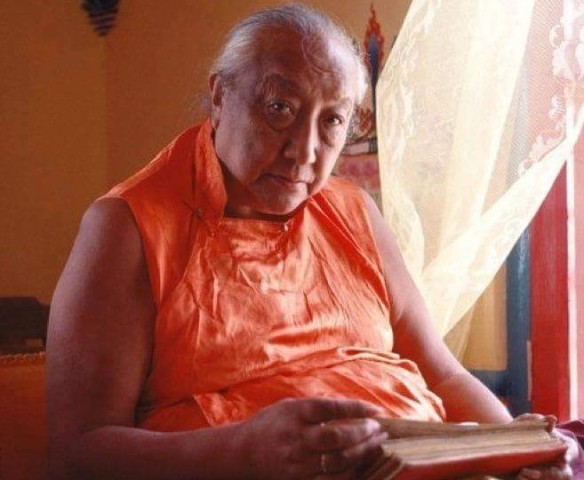Recently, a Facebook friend of mine shared an article from the popular anthropology blog Sapiens in the Folk Necromancy Facebook group that I co-moderate. This article, true to its title, sought to argue that AI (Artificial Intelligence) was similar to ‘magic’, at least in certain respects, and as understood by anthropologists at any rate. I approved my friend’s post to share with the group despite finding the article quite irritating. Being irritated about what people generally consider to be the minor or obscure details of things is arguably the bread-and-butter of academia, but I submit that I had a solid reason to be annoyed. Many of my disciplinary peers positively DELIGHT in writing ‘X thing is actually like Magic’ type hot-takes. I get why, of course. Our discipline has grappled more with the comparative study of what people often call ‘magic’, ‘science’, and ‘religion’ as ways of acting, knowing, and being in the world than probably any other. Considering how foundational witchcraft and magic are to the history and identity of our field, I guess every anthropologist is supposed to be able to at least trot out something about these topics. It’s our wheelhouse! The thing is – and here’s what bugs me – the anthropologists I typically see forwarding ‘X is really magic!’ arguments are almost never actually researchers of magical practices or of ritual specialists. They are almost always ethnographers who study ‘X’, whatever X may be. Continue reading
Tag Archives: hungchen chenagtsang
A Banquet of Nectar: Dilgo Khyentse Rinpoche’s Advice for the Rebgong Tantric Community

(His Holiness, Dilgo Khyentse Rinpoche)
Following on from an earlier post where I offered a rough translation of a Tibetan praise-poem to the long-haired, white-robed community of non-celibate tantric Buddhist ngakpa and ngakma, I thought I would share an equally rough translation of another ཞལ་གདམས (zhal gdams, pronounced something like shaldahm/jaldahm) or ‘oral advice’ text for ngakpa – this time, one given by the great tantric yogi, scholar, treasure revealer and Dzogchen meditation master His Holiness Dilgo Khyentse Rinpoche. Continue reading
